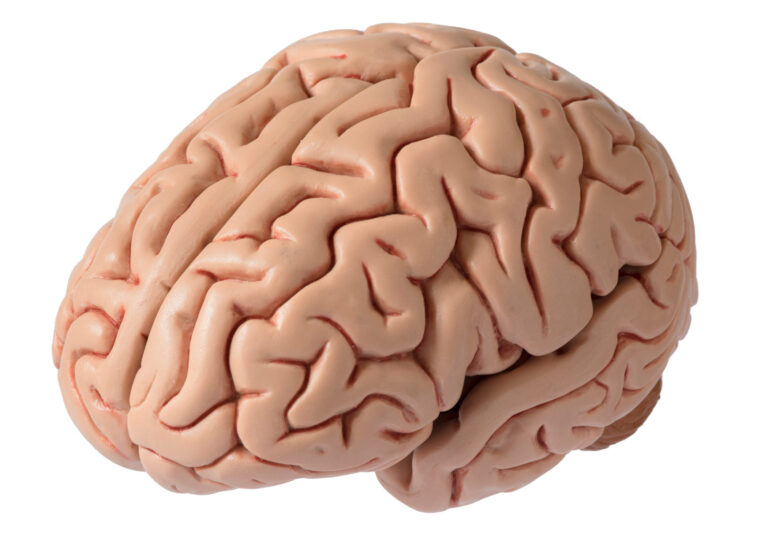Auditory cognitive disorder is a neurological condition that affects a person’s ability to accurately process and interpret sound stimuli. It is often referred to as an auditory processing disorder (APD) or central auditory processing disorder (CAPD). This condition is commonly found in children, but it can also affect adults.
To understand auditory cognitive disorder, it’s important to first understand how the auditory system works. Our ears are responsible for capturing sound waves and sending them to the brain for processing. The brain then uses this information to help us comprehend and make sense of what we hear. However, in individuals with auditory cognitive disorder, this process is disrupted, leading to difficulties in understanding and interpreting auditory information.
Symptoms of auditory cognitive disorder can vary from person to person, but some common signs include difficulty following instructions, trouble understanding speech in noisy environments, and struggling to distinguish between similar sounding words. Children with this condition may also have difficulties with language and reading skills, as well as problems with social interactions and behavior. Adults may experience difficulties in the workplace, especially if their job involves processing a lot of auditory information, such as in customer service or teaching.
The exact cause of auditory cognitive disorder is not fully understood. Some research suggests it may be linked to genetic factors, while others believe it could be due to a malfunction in the central nervous system. In some cases, it may be associated with other conditions such as attention deficit hyperactivity disorder (ADHD), autism spectrum disorder, or dyslexia.
Diagnosing auditory cognitive disorder can be challenging because its symptoms can overlap with other conditions. It is often diagnosed through a series of tests that assess an individual’s ability to process and interpret sound information. These tests may include listening and memory tasks, speech recognition tasks, and other assessments of auditory skills.
Once diagnosed, treatment for auditory cognitive disorder typically involves a combination of therapy and accommodations to help improve an individual’s ability to process auditory information. Speech and language therapy can help improve language skills and communication, while auditory training can help individuals develop better listening skills and auditory processing abilities. Teachers and parents can also make accommodations such as using visual aids or providing written instructions to help individuals with this condition better understand and process information.
While there is no cure for auditory cognitive disorder, early detection and intervention can greatly improve an individual’s quality of life. With the right support and accommodations, individuals with this condition can learn to manage their symptoms and thrive in their daily lives.
It’s important to note that auditory cognitive disorder is a real and often misunderstood condition. It is not a result of laziness or a lack of intelligence. In fact, individuals with this disorder often have normal or above-average intelligence, but struggle with processing and interpreting auditory information.
In addition to therapy and accommodations, there are also some strategies that individuals with auditory cognitive disorder can use to cope with their symptoms. These include using active listening techniques, such as repeating back instructions to ensure understanding, and minimizing distractions in their environment. It’s also helpful for family members, teachers, and employers to be patient and understanding when communicating with someone with this condition.
In conclusion, auditory cognitive disorder is a neurological condition that affects one’s ability to accurately process and interpret sound stimuli. It can have a significant impact on an individual’s daily life, but with proper diagnosis, treatment, and accommodations, individuals with this condition can learn to manage their symptoms and live fulfilling lives. It’s important to spread awareness about this condition and promote understanding and support for those who are affected by it.





